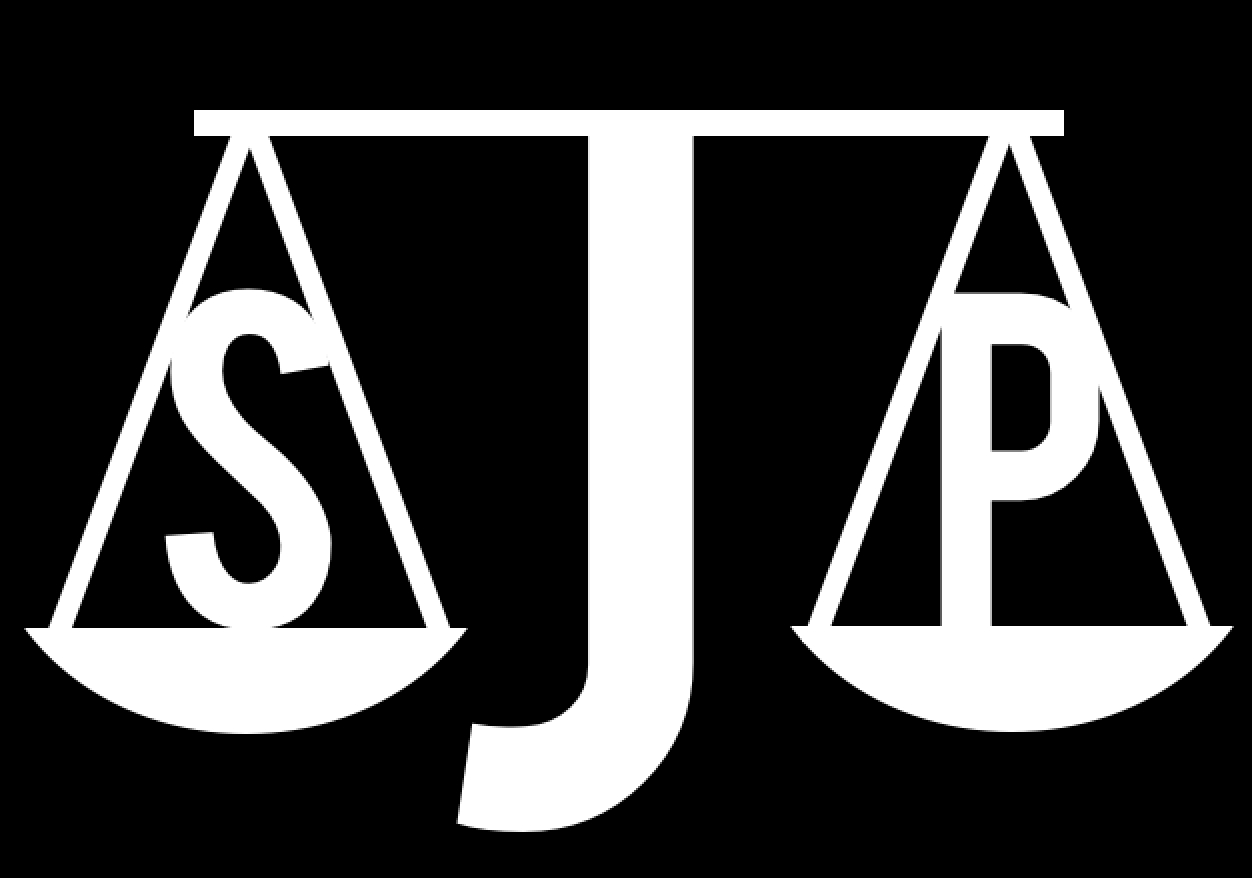Titles and Descriptions of 2015 Justice Lab Presentations/Projects
1. “Reforming Civil Asset Forfeiture: Eliminating Policing for Profit” 8:40 – 9:40
The moment to reform civil asset forfeiture has arrived. The subject of two new policy directives by Attorney General Holder in the last 3 months—including one last week—federal civil asset forfeiture law appears to be improving quickly. Our presentation will provide crucial context to this debate and propose a series of changes to reform civil asset forfeiture at the state level.
2. “Student Debt & Changing Narratives about Higher Education 9:45 – 10:45
This project looks at the pressing student debt crisis in the United States, identifying its immense impact on individuals and society at large as well as discussing the social, legal and policy underpinnings of the problematic system we have today. In particular, we focus on the development of competing narratives about the purpose of higher education, arguing that conflation and manipulation of those narratives over time has yielded a system that too often fails to serve the best interests of either students or taxpayers.
3. “Captive Climate” 10:50 – 11:50
Despite the existential threat to the human species posed by climate change, humanity has been unable to adequately combat it in any meaningful way. This is the result of many sources, including an industry incentivized to profit maximize and the interplay between business and politics– and those two factors prey on the working mechanisms of the human mind.
4. “Financialized Courts” 12:00 – 1:00
State courts throughout the country balance their budgets on the backs of the poor. Private probation companies collect millions of dollars in unreported ‘service fee’ revenue. Indigent populations unable to pay fees end up further impoverished and sometimes incarcerated. How did we get here and how do we stop it?
5. “Mental Health in the Juvenile Justice System” 2:55 – 3:55
This presentation will focus on ways that the juvenile justice system creates and/or exacerbates mental health problems in children who become entangled with the legal system. We will explore the ways that systemic problems in the law, institutional design, and the dominant narrative used to talk about juvenile offenders serve to foster unhealthy prison environments. The presentation will close with recommendations for eliminating some of the underlying problem causers and instituting a more humane and rehabilitative juvenile justice system.
6. “The Illusion of Inclusion: Inequality in Legal Education” 4:00 – 5:00
Law schools today claim to be more diverse than ever before. The Harvard Law School Class of 2017 is made up of 41% students of color and 50% women. Looking beyond these numbers, however, inequality abounds and the student experience in law school is still often marked by discrimination and disillusionment. Why do most students come to law school hoping to change the world and leave jaded and bound for corporate law? Why are so many student voices never heard in class?
This project explores the roots of inequality in legal education and the lived experiences of law students at Harvard and other law schools. Through real narratives drawn from interviews and blogs, as well as research on the mind sciences and meetings with experts, the project reveals and explains the continuing inequality and lack of inclusion in legal education. Law schools have come a long way since they excluded women and people of color entirely, but there remains much work to be done and the presentation will end with a group discussion and a call to action.
